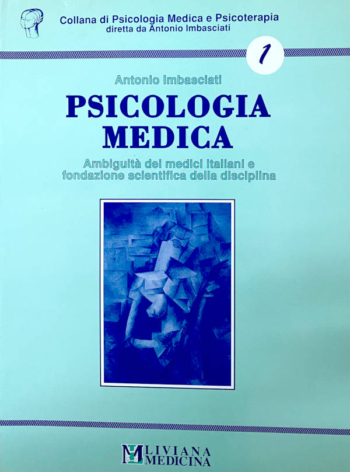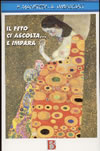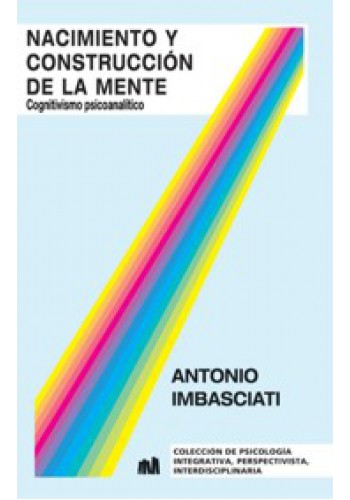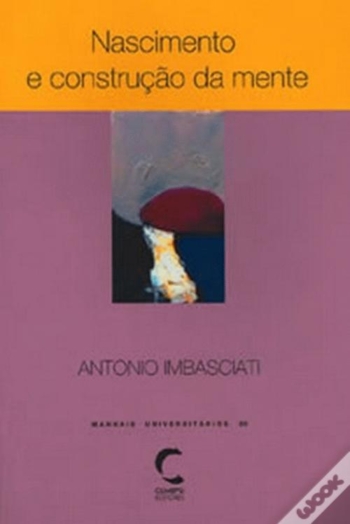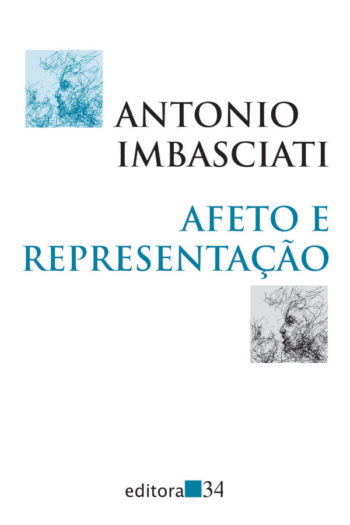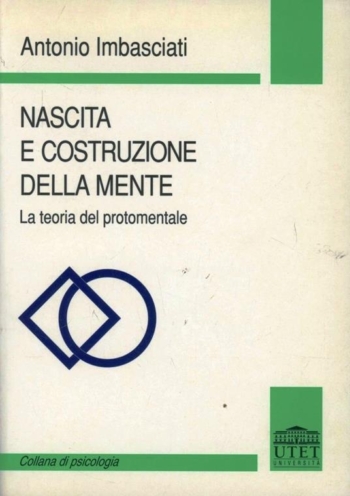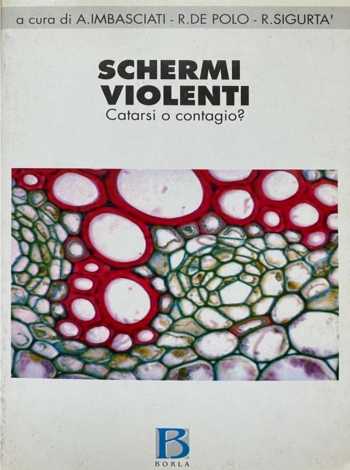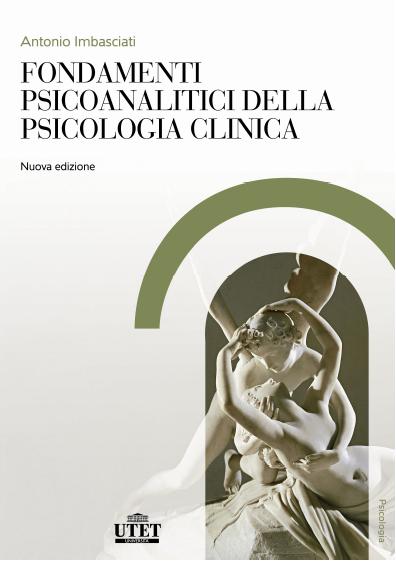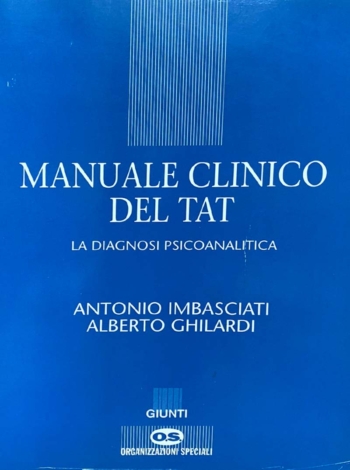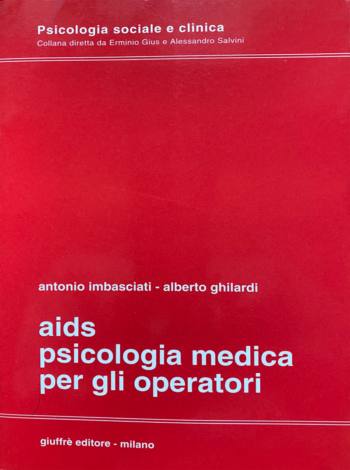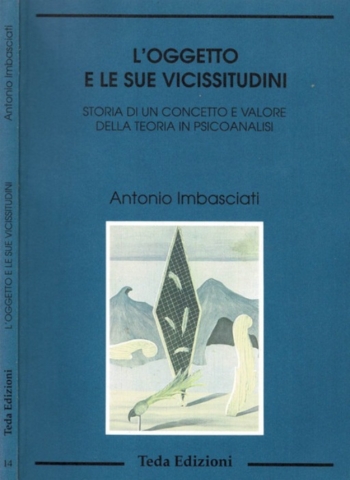Printed books
[Of all areas of competence]All those who practice helping professions –from social workers to physicians, from educational staff to teachers– feel that they need to have some psychological competences. But everyone believes to slightly be a psychologist. There is the idea that with good intentions and some experience, psychological competence is acquired, and that psychology is the refinement of human sensitivity. On the contrary, Psychology is part of Science today; in fact it is a group of sciences, each of them specific, with its own method, its own techniques and its own training programmes. How the required scientific formation might be acquired then? To get a Psychology degree is the main route, but some psychological competence is necessary for a variety of health professionals: physicians, nurses, physiotherapists, educational staff, social workers, midwives and a wider range of health workers operating in the health care system, education, as well as in industry and organisations. The three-year degrees, indeed numerous, that have been founded, and not only in the socio-health field, officially include in their curricula two or more psychological sciences. Among these Clinical Psychology stands out. (…)
The fact that the fetus has a psychic life is universally acquired today. What can be called “mind” depends on how it is defined. The fact that this mind is acquired through the progression of fetal learning and that the functional structure subsequently achieved forms the complete development of the individual is a notion shared by all researchers, but not yet assimilated by our culture. (…)
The Freudian theory was successful because it seemed to offer an explanation of the psyche from hypotheses in line with the sciences of his time: the concepts of libido, drive, psychic energy, discharge, instinct, economic principle tracked the contemporary scientific principles and discoveries of neurophysiology and thermodynamics. In such a context, for a long time and up to present day, the popular stereotypes in psychoanalysis are identified with Freud’s theory. This theory nevertheless has been widely criticized, also within psychoanalytical Associations, and for several decades now. In spite of this, the Freudian theory seems “to withstand”. A reason for such a persistence, in the author’s view, can be identified in the fact that different psychoanalytic models have been proposed at different times, without however clearly delineating an alternative explication of what Freud wanted to explain. His Drive Theory did have an explanatory value in this time. Today it may maintain its heuristic value, which may still be useful to understand affects and therefore helpful in clinical practice, but it no longer has an “explanatory” value. To Freud this latter was perhaps more important than the former, but nowadays it is untenable. (…)
The Freudian theory was successful because it seemed to offer an explanation of the psyche from hypotheses in line with the sciences of his time: the concepts of libido, drive, psychic energy, discharge, instinct, economic principle tracked the contemporary scientific principles and discoveries of neurophysiology and thermodynamics. In such a context, for a long time and up to present day, the popular stereotypes in psychoanalysis are identified with Freud’s theory. This theory nevertheless has been widely criticized, also within psychoanalytical Associations, and for several decades now. In spite of this, the Freudian theory seems “to withstand”. A reason for such a persistence, in the author’s view, can be identified in the fact that different psychoanalytic models have been proposed at different times, without however clearly delineating an alternative explication of what Freud wanted to explain. His Drive Theory did have an explanatory value in this time. Today it may maintain its heuristic value, which may still be useful to understand affects and therefore helpful in clinical practice, but it no longer has an “explanatory” value. To Freud this latter was perhaps more important than the former, but nowadays it is untenable.
Traduzione portoghese del testo italiano Affetto e rappresentazione (…)
The Freudian theory was successful because it seemed to offer an explanation of the psyche from hypotheses in line with the sciences of his time: the concepts of libido, drive, psychic energy, discharge, instinct, economic principle tracked the contemporary scientific principles and discoveries of neurophysiology and thermodynamics. In such a context, for a long time and up to present day, the popular stereotypes in psychoanalysis are identified with Freud’s theory. This theory nevertheless has been widely criticized, also within psychoanalytical Associations, and for several decades now. In spite of this, the Freudian theory seems “to withstand”. A reason for such a persistence, in the author’s view, can be identified in the fact that different psychoanalytic models have been proposed at different times, without however clearly delineating an alternative explication of what Freud wanted to explain. His Drive Theory did have an explanatory value in this time. Today it may maintain its heuristic value, which may still be useful to understand affects and therefore helpful in clinical practice, but it no longer has an “explanatory” value. To Freud this latter was perhaps more important than the former, but nowadays it is untenable.
Il volume …. raccoglie contributi di studiosi diversi sulla progressiva excalation di violenza presente nel cinema contemporaneo e sul suo significato (…)
Great misunderstanding exists when trying to comprehend what is meant by Clinical Psychology and its connections with Psychoanalysis. Just as vast is the misunderstanding of psychoanalysis itself: people talk about drive, Oedipus, libido, super ego and repression as if these were Freud’s “discoveries”. In fact, they are not discoveries at all, but concepts by which Freud tried to construct a theory –his metapsychology– using the means available at the time to explain what his ingenious method of exploration had found out and described in the clinical field. There is great confusion about what is meant by “discovery”, or rather by “theory” or “method”, just as there is confusion about the description of a phenomena and its explanation. Discoveries remain, theories change and methods develop.
Il volume illustra i fondamenti di uno dei più celebri e tuttora usati reattivi proiettivi, nell’intreccio di psicoanalisi e percettologia (…)
Il testo affronta il problema della formazione necessaria agli operatori che si occupano di prevenzione dell’AIDS e di assistenza ai malati (…)
In outlining a historical analysis of the psychoanalytic concept of “object”, the author highlights the radical change of current psychoanalysis compared to Freudian approach. A distinction is particularly made between discoveries and theories: the latter are not truth, but only conceptual tools for a scientific understanding of humans; which means they require continuous adjustment. Psychoanalysis is not Freud’s theory but a method, founded by Freud and subsequently developed by others, upon which a science can be founded. (…)
